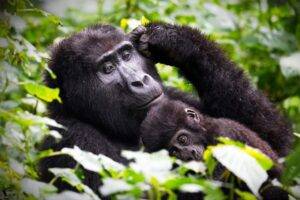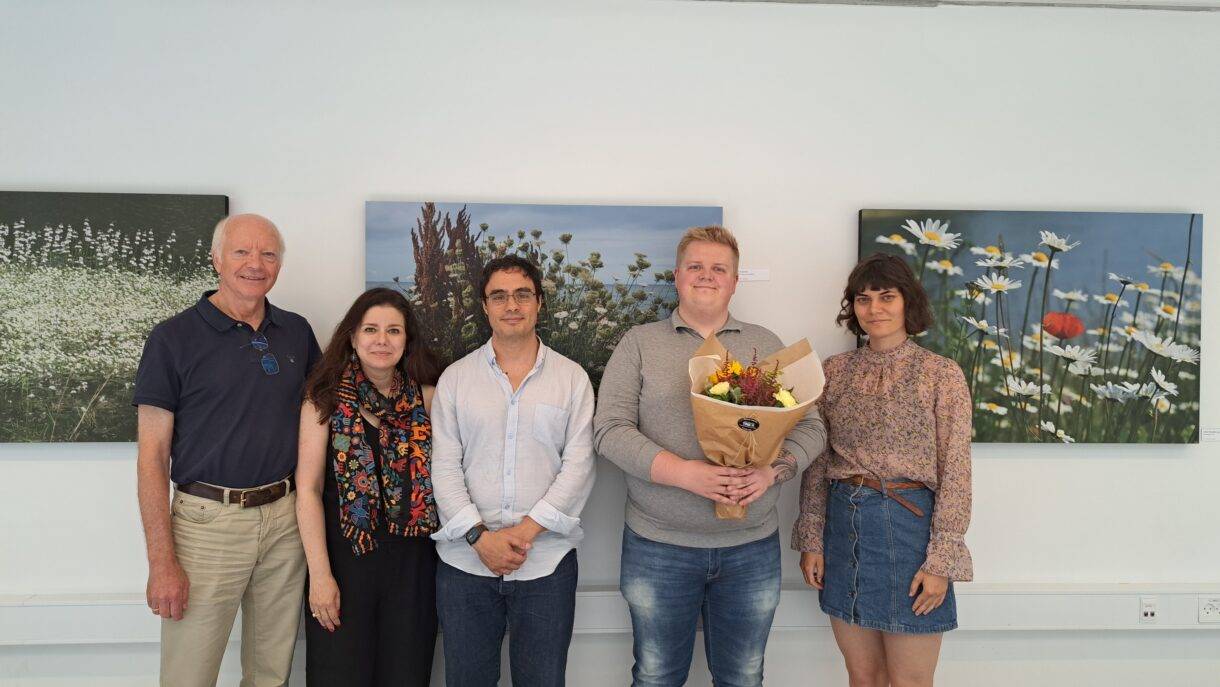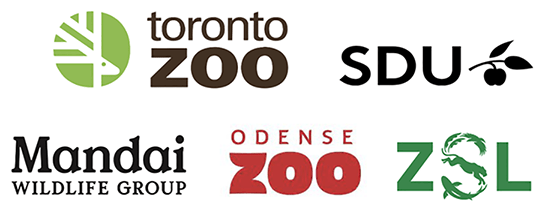Today Species360 Conservation Science Alliance student Mathias Buch Andersen successfully defended her Master thesis at the University of Southern Denmark. Mathias presented his work on great apes (The Sumatran orangutan (Pongo abelii), the Bornean orangutan (P. pygmaeus), the Tapanuli orangutan (P. tapanuliensis), the Western gorilla (Gorilla gorilla), the Eastern gorilla (G. beringei), the chimpanzee (Pan troglodytes) and the bonobo (P. paniscus) in zoos. He did an analysis of the changes in management and survival parameters in juveniles living in zoos across the last century to support their welfare assessments using data from Species360’s Zoological Information Management System (ZIMS).
The background for this project is the potential ban on managing and caring great apes in zoos. This has led to the need for science-based welfare indicators to emphasize the importance of zoos in conservation efforts to protect big cats from extinction. Juvenile survival is proposed as one such indicator. This study examined the historical first-year survival of big cat species in zoological facilities from 1960 to 2020 and its possible link to improvements in zoo practices over the past decades.

The findings indicate that the increasing knowledge about breeding practices and rearing protocols in zoos likely contributed to a positive improvement in first-year survival. Zoos can play a crucial role in developing tailored conservation strategies that meet the specific needs of each species.
This Master thesis was supervised by Prof. Dalia A. Conde, Species360 Director of Science and co-supervised by CSA member Dr. Morgane Tidière. The defense was examined by Bengt Holst, former scientific director at Copenhagen Zoo
You can read more about Species360’s critical role in data sharing here.








